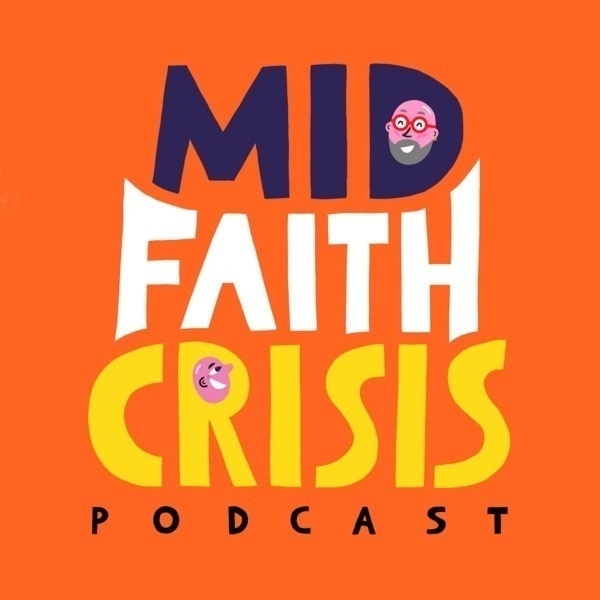AI - Who Cares?
AKA Thoughts on Mid-faith Crisis 335: A senior pair likely in their golden years We started off this week with Joe reading out to me a Meta-AI generated description of a selfie he had take of us together on a walk in the woods. Apparently AI suggested clicking a button to ‘Find out more about this couple’s relationship.’ Various responses were generated – the results are not consistent, apparently – but here’s one.
